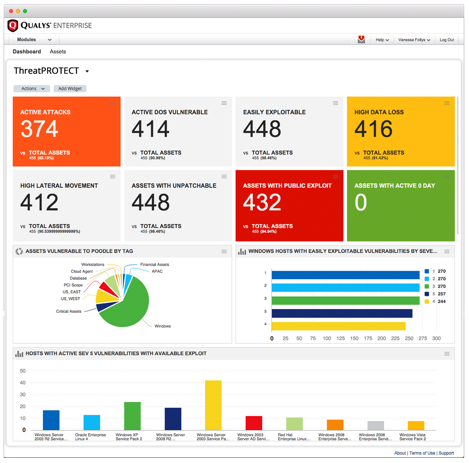
Next year will be the tipping point for flexible and remote working in the UK, with more than 50 percent of businesses adopting it by the end of next year. That number will grow even more, to 70 percent, by the time we get to 2020.
Those are the results of a new survey produced by Lancaster University’s Work Foundation, and commissioned by Citrix. The survey, entitled Working anywhere: A winning formula for good work?, asked 500 employees at a managerial level about the pros and cons of flexible working.
So what are the pros? The study highlights four reasons why companies should implement flexible working: increased productivity, improved employee wellbeing, talent attraction and retention and reduction in accommodation costs.
So why is flexible working, if it’s so good, not yet already at 90 percent, at least? The report says there are cultural barriers that need addressing: 37 percent of managers believe this means longer hours, while 22 percent say they feel disconnected from the team. An additional 28 percent felt it blocked them from overseeing other people’s work. A quarter (24 percent) also said all work is carried out in company premises.
That’s not all, though -- 75 percent believe this will put more strain on the HR department, 84 percent say it will require changes to performance management, and 82 percent think this will require changes to employment terms and conditions.
The study says implementing flexible working requires three key commitments: careful planning, leadership and a new approach.
The full report can be found on this link.
Published under license from ITProPortal.com, a Net Communities Ltd Publication. All rights reserved.
Photo Credit: Shutterstock/Rawpixel























